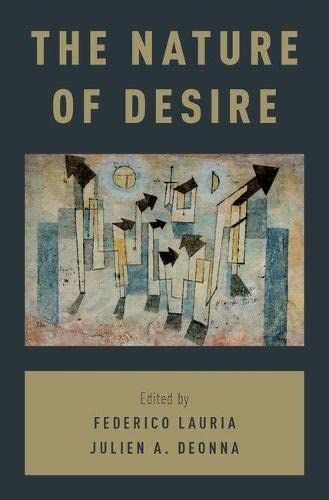
The Nature of Desire
Despite desire's universally understood significance, it has been largely omitted from recent philosophy of mind scholarship. This book's purpose is to redress the imbalance, and to bestow on desire the same level of inquiry as is frequently given to, for example, perception, belief, emotion,and intention.What are desires? According to dogma, desire is a motivational state: desiring is being disposed to act. This conception aligns with the functionalist approach to desire and the standard account of desire's role in explaining action. According to a second influential approach, however, desire isfirst and foremost an evaluation: "desiring" is representing something as good. Are desires motivational states, or are they evaluative states? The first section of the volume is devoted to these questions, and to the puzzle of desire's essence. The second part investigates some implications that the various conceptions of desire have on a number of fundamental issues. For example, why are inconsistent desires problematic? What is desire'srole in practical deliberation? How do we know what we want? This volume will contribute to the emergence of a fruitful debate on a neglected, albeit crucial, dimension of the mind.